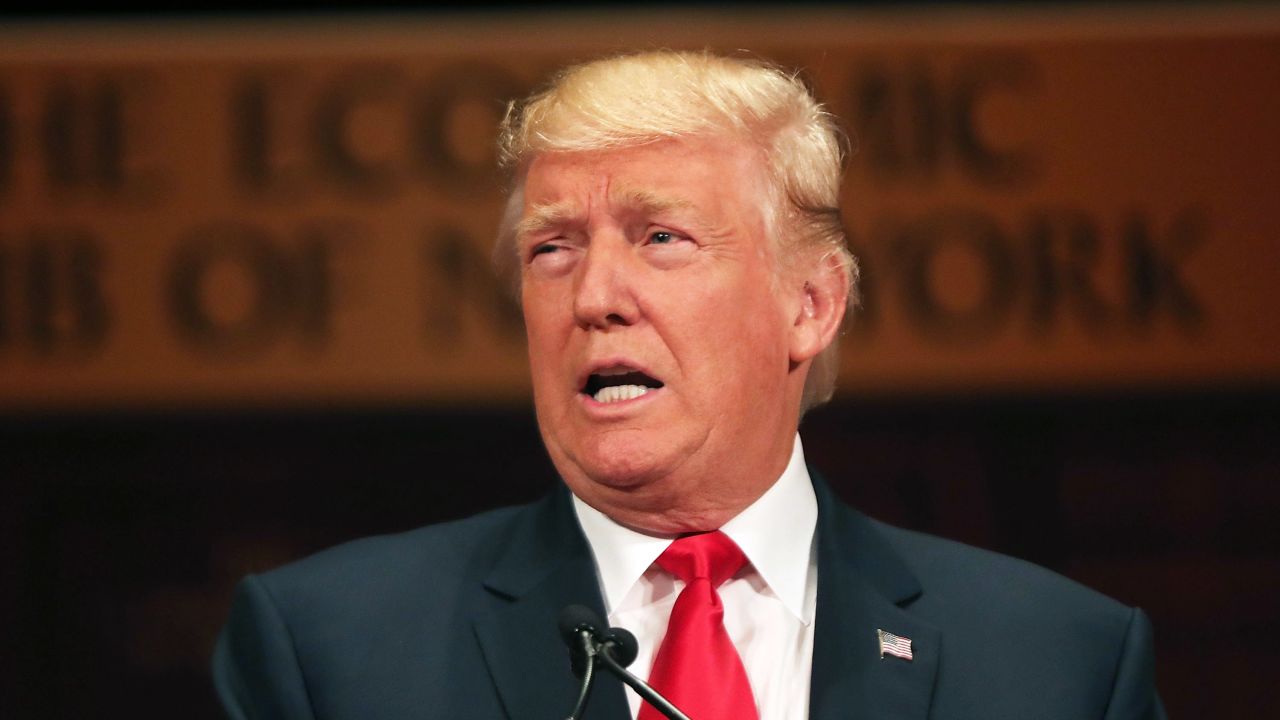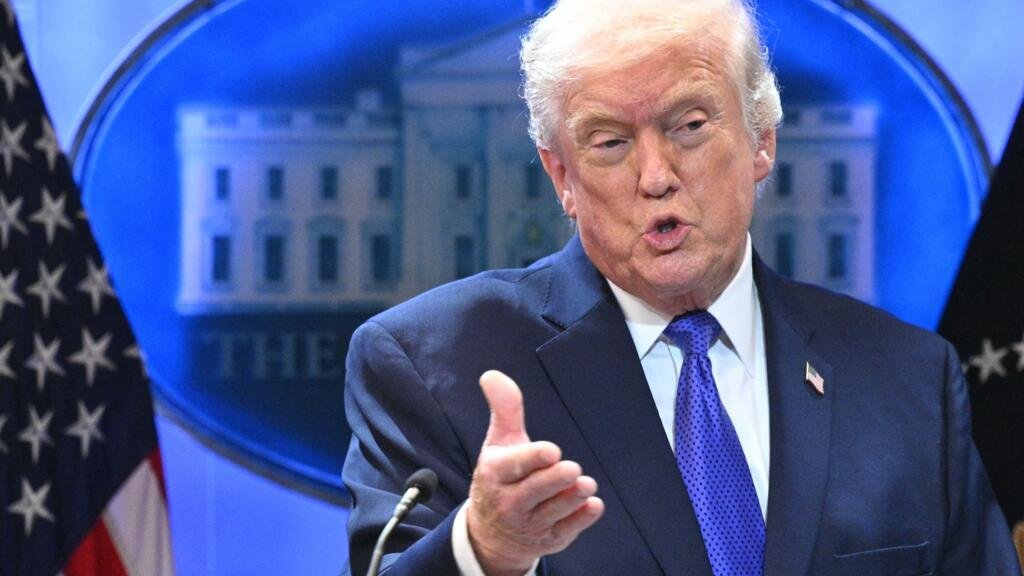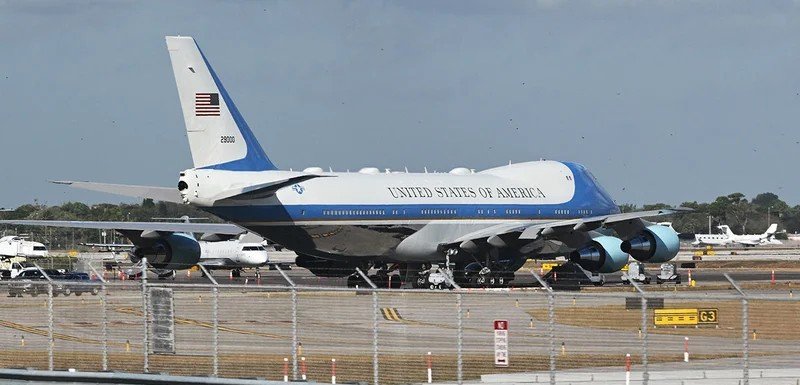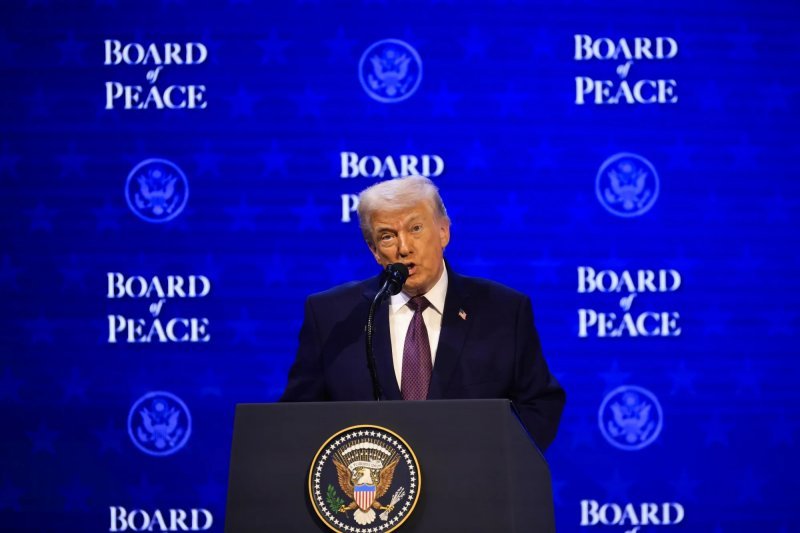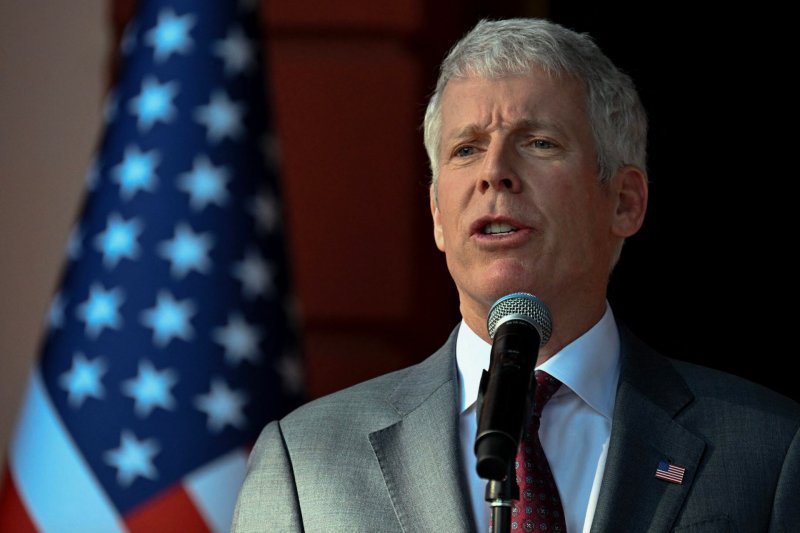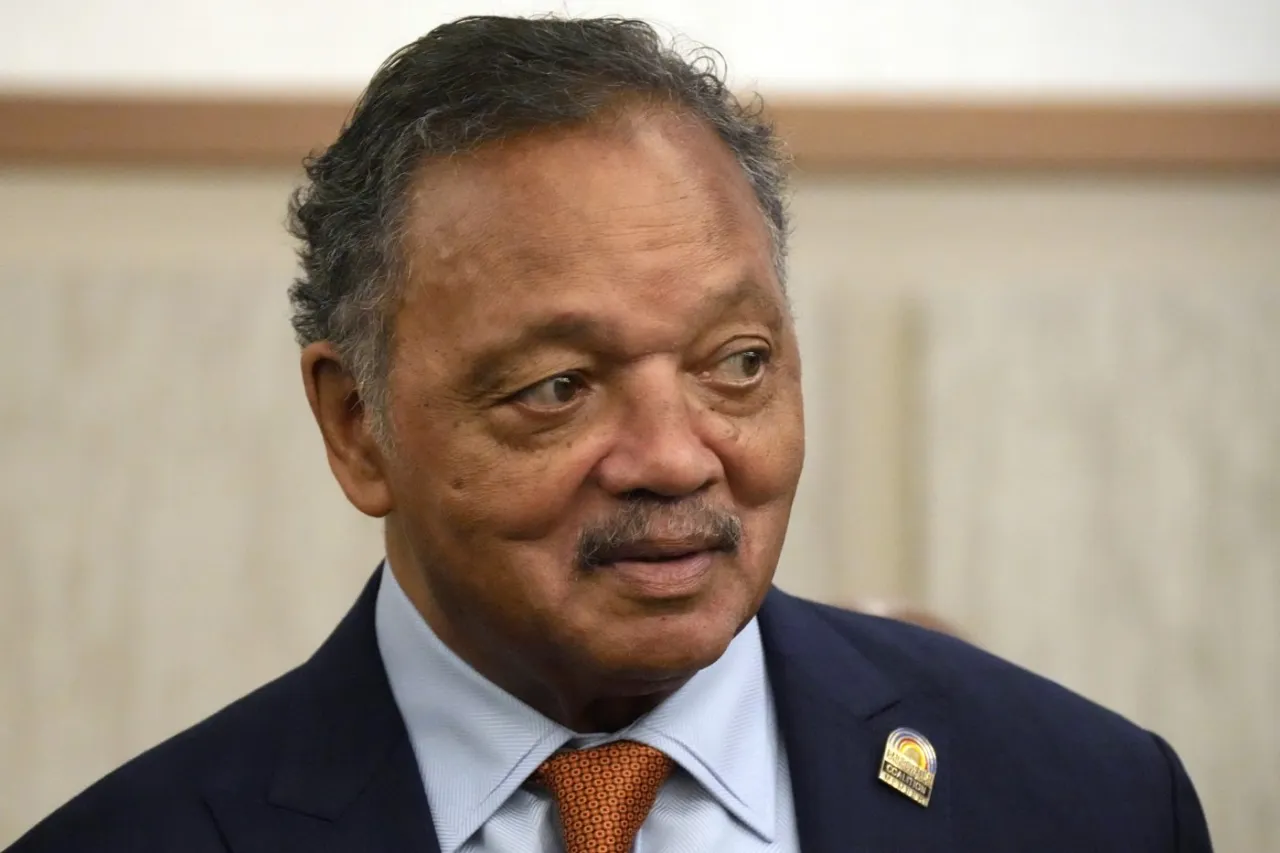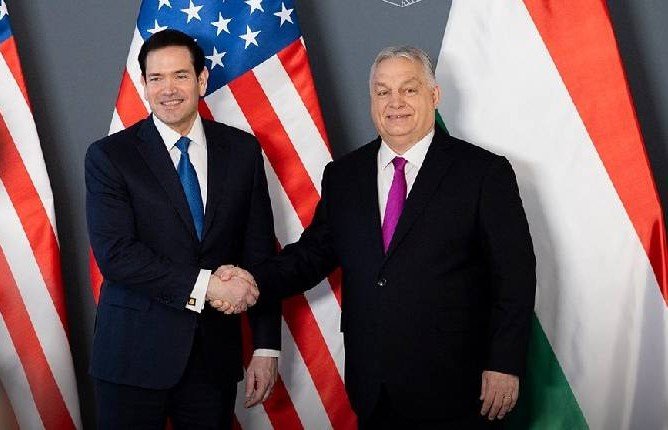Washington, D.C., July 1, 2025 – The Europe Today: U.S. President Donald Trump has signed a memorandum introducing tougher policies on Cuba, signaling a clear departure from the more conciliatory stance adopted under the Biden administration. The move underscores the Trump administration’s renewed hardline approach toward the Caribbean nation.
According to a White House statement, the new directive aims to tighten enforcement of the existing ban on American tourism to Cuba and rejects international calls — including those from the United Nations — to lift the long-standing U.S. economic embargo.
The memorandum, published alongside a fact sheet on the White House website, states that the U.S. government will “end economic practices that disproportionately benefit the Cuban government, military, intelligence, or security agencies at the expense of the Cuban people.”
U.S. citizens are already restricted from visiting Cuba purely for tourism purposes; however, 12 travel categories — including family visits, educational exchanges, and humanitarian projects — remain permitted. Under the new rules, these categories will be subject to stricter oversight. The memorandum mandates routine audits and requires U.S. travelers to maintain records of all travel-related financial transactions for a minimum of five years.
Furthermore, the new policy explicitly prohibits American citizens and companies from conducting business with GAESA, a military-run conglomerate that controls a large segment of Cuba’s hotel and tourism industry.
In response, Cuban Foreign Minister Bruno Rodríguez condemned the move, stating that the memorandum “strengthens the aggression and economic blockade that punishes the whole Cuban people and is the main obstacle to our development.”
The Trump administration asserts that the newly imposed restrictions are designed to curtail resources flowing to the Cuban state apparatus and promote democratic reforms. “President Trump is committed to fostering a free and democratic Cuba, addressing the Cuban people’s long-standing suffering under a Communist regime,” the memorandum notes.
These measures build on a series of actions initiated during Trump’s first term and continued into his current tenure. Shortly after beginning his second term, President Trump reinstated Cuba’s designation as a state sponsor of terrorism — a move reversed by then-President Joe Biden days before leaving office.
While the new policy has received robust support from segments of the Cuban-American community, particularly those favoring a tougher stance on the Havana government, it has also sparked criticism. Many have expressed disappointment over the administration’s broader immigration policies, especially the termination of Temporary Protected Status (TPS) for nationals of Cuba, Haiti, Nicaragua, and Venezuela.
Tourism remains a vital source of foreign currency for the Cuban economy, but recent years have seen a sharp decline in visitors, exacerbated by widespread shortages and frequent power outages across the island.
As the Trump administration doubles down on its Cuba strategy, the island nation continues to face mounting economic pressure amid an increasingly polarized geopolitical environment.
